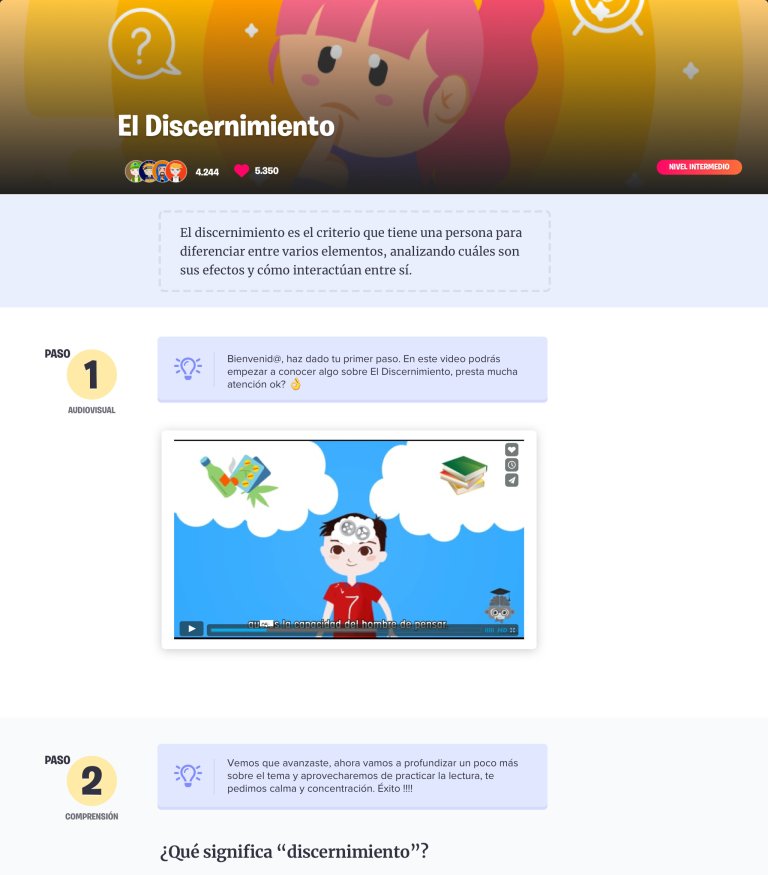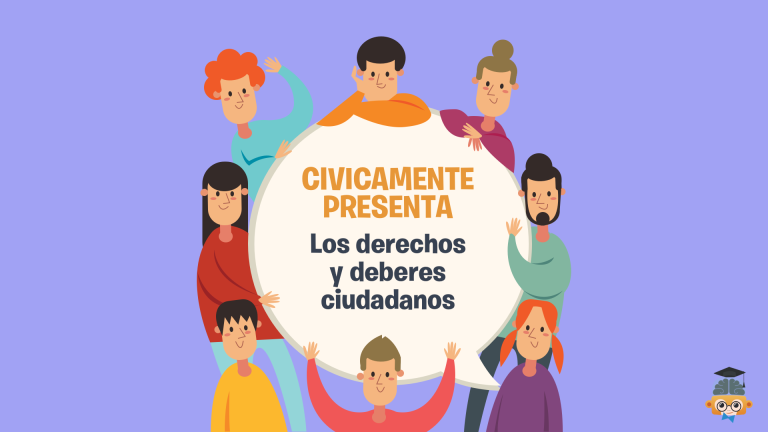
What is empathy?
Empathy is the ability to see things from another person's point of view, to put ourselves in their shoes, and to experience what they feel.
The concept of empathy tends to be confused with that of sympathy, but the former refers to a capacity, while sympathy refers to an emotional process that allows us to perceive the moods of another, but does not require us to understand them.
When do we show empathy?
When we know how to listen and understand the feelings of others without being so aware of ourselves.
When we not only use words to console, but also a hug, a pat on the shoulder, a kiss or a caress.
When we express ourselves with delicacy and courtesy.
When we do not show gestures of boredom towards what others tell us.
Characteristics of the empathic person
Empathy is a healthy way of relating to other people, and establishing constructive and enriching relationships.
Hence, it is an extremely relevant social skill in our family, school and professional relationships. Therefore, below we tell you what the five characteristics of empathy are:
Know how to listen. It is a fundamental characteristic of empathy. Empathic people like to establish enriching and constructive relationships. They are always willing to listen to others and are very good conversationalists.
Understand the other. Empathy also involves the ability to understand the feelings, emotions and ideas of the other person.
Identify with the other. Being empathetic is also being able to put ourselves in the other's shoes. Thus, an empathic person can put themselves in the other's emotional situation and deeply understand their feelings, fears or beliefs.
Be supportive. An empathic person has a high sensitivity towards what other people feel or suffer. Therefore, empathy has a lot to do with solidarity, with the desire to help others, especially when they are going through a situation of need. An example of this is helping a friend who is going through a difficult time.
Be respectful. Being empathetic also implies respecting others in their feelings, ideas, behaviors and decisions.







